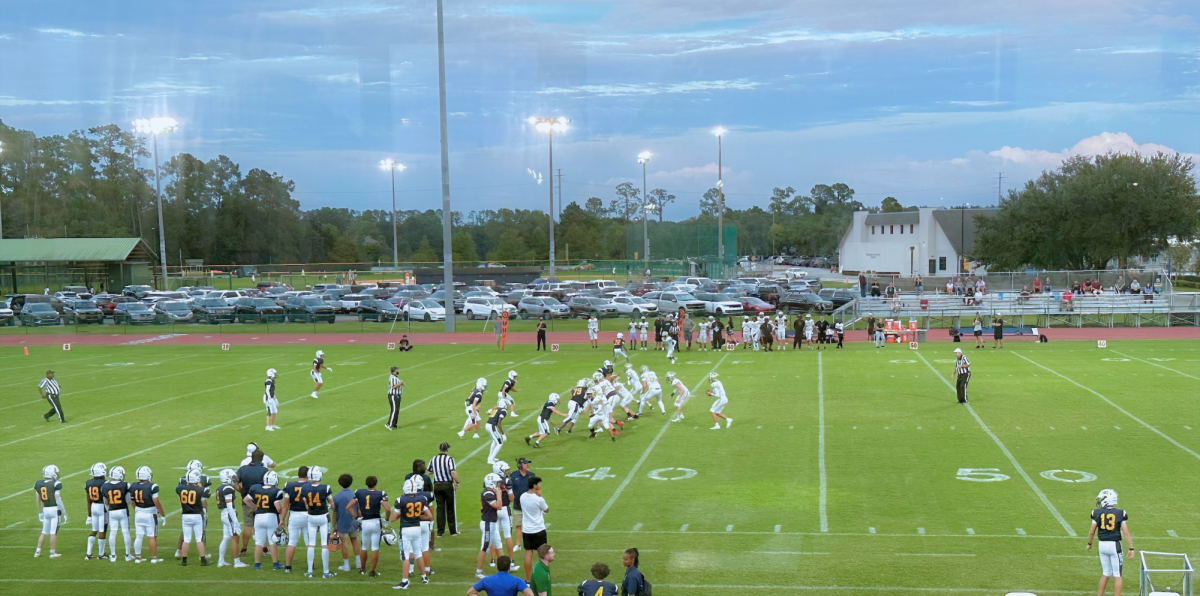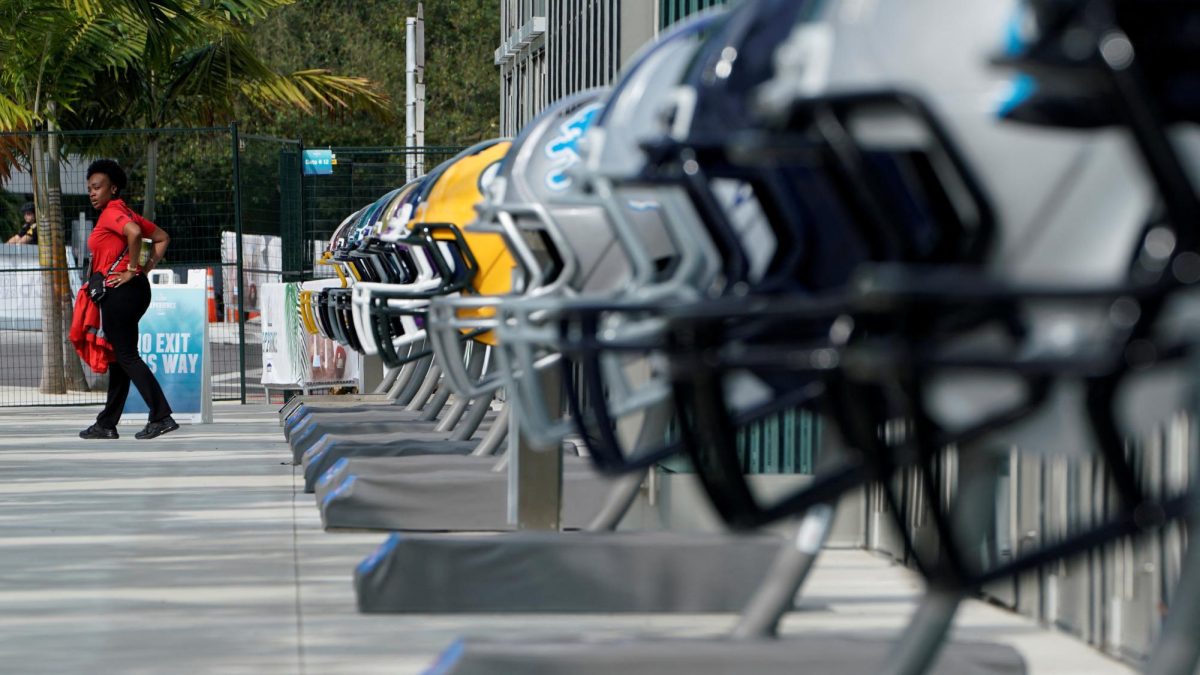Every four years the buzz around the sports world is all things Olympics. The Games provide a safe haven from the harsh political world that consumes our everyday life. Usually, for months leading up to the games, news is centered around which athletes will have a breakout performance and which ones will cement themselves as the greatests of all time. However, the news surrounding this year’s Summer Olympic Games hosted in Rio de Janeiro was anything but glorious.
The Rio de Janeiro games have been overshadowed by a variety of political, social and environmental complications. Rio de Janeiro was selected by the International Olympic Committee (IOC) as the Game’s first ever South American location in 2009.
This seven-to-eight year time frame is customary for an Olympic host city, however, in the past two years, Rio de Janeiro has been host to the two biggest international sporting events, the current Olympic Games and the FIFA World Cup. The approximated $1 trillion needed to build infrastructure would have been difficult to manage for any country.
Brazil’s economic decline and the rise in poverty over the past decade do not mix well with the trillion dollar spending needed to build 11 new stadiums to host various sports. The construction for many of these stadiums were not finished until the day before or the day of the event. Weak infrastructure and tropical storms caused construction to halt for a time.
Rio residents took action to the government turning a blind eye to their needs by protesting ahead of the opening ceremonies held on Aug. 5. Thousands protested the government’s extreme spending rather than allocating this money toward schools, hospitals and daily necessities.
On the same day as the Opening Ceremonies, former Brazilian president Dilma Rousseff was found guilty of budget fraud. While this situation could not have been accounted for prior to the games, it highlights the instability of the Brazilian government.
Olympic Games attract millions of fans from all around the world. However, some of the top athletes in the world opted to stay home in order to avoid the Zika virus. Zika virus emerged in Brazil within the past two years and has become an epidemic throughout Brazil and many Rio neighborhoods. The virus originates from a mosquito bite and is most harmful to pregnant women.
Waterways, oceans and lakes used for competitions for about 1,400 athletes were filled with human waste pollution teeming with bacteria and viruses. Experts warned these athletes to not open their mouth or let water into their ears or noses. Days before beach volleyball began its tournament on Copacabana Beach, body parts washed up on the shore. Athletes should not have to play, at what should be the highest level of all sports, under such dangerous conditions.
While many of these problems could not have been predicted six to seven years ago, the IOC should be more cautious when selecting the location for the Games. Although not as smooth as they possibly could have been, the Rio Games were not an epic failure. They will be remembered for both the world records broken but also the threat to public safety. Brazil’s lackluster hosting job should come as a precaution to the IOC and countries bidding for future Olympics.
The athletic feats accomplished in Rio over the past two weeks have been record breaking and jaw dropping, but there has been an elephant in the room throughout the ringing of national anthems and tears of joy on the podium.














